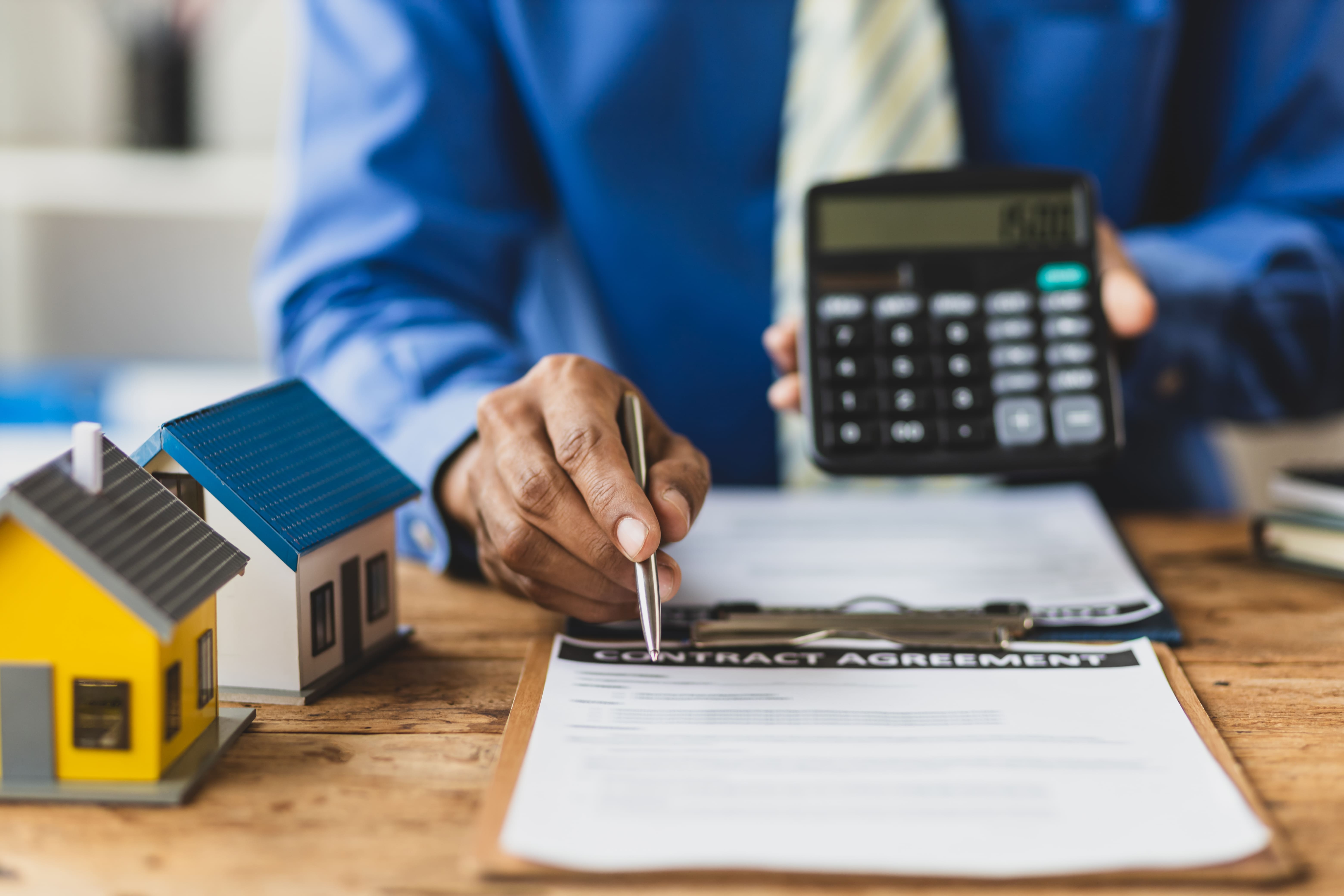Buying a home is more than just an emotional decision — it’s a legal one too.
That dream flat or independent house might look perfect on the outside, but if the paperwork isn’t clean, it can lead to major problems later. From ownership issues to construction approvals, a missed detail could cost you time, money, or worse — your peace of mind.
So before you sign the dotted line, it’s important to do your homework. In this blog, we’ll walk you through the most important legal checks to do before buying a property in India — explained in simple terms, no legal jargon.
Why Legal Checks Matter When Buying a Property
A house or flat is one of the biggest purchases you’ll ever make. But without proper legal verification, you risk:
- Buying property from someone who doesn’t legally own it
- Facing disputes with co-owners or previous owners
- Delays in possession due to lack of approvals
- Trouble selling the property later
Doing the right legal checks upfront protects your investment — and gives you peace of mind.
1. Check the Title Deed and Ownership
The title deed proves that the seller is the legal owner of the property.
Make sure the title is:
- Clear (no legal disputes or claims)
- Marketable (can be transferred to you)
- In the seller’s name
Ask for a certified copy of the deed and get it verified by a legal expert. This is non-negotiable when you’re buying property in India.
2. Verify Land Use and Zoning Approvals
If you’re buying land or an under-construction home, check that the land is approved for residential use. Many properties are built on agricultural or commercial land — which isn’t legal unless converted by the authorities.
Ask for zoning certificates from the municipal body or local development authority.
3. Confirm RERA Registration (for New Projects)
Under the Real Estate Regulation Act (RERA), all builders must register their residential projects with the state’s RERA authority.
Visit the official RERA website of your state and check:
- The project’s RERA registration number
- Construction timeline and approvals
- Builder’s track record
Tip: Never buy a new property that isn’t RERA-approved.
4. Look for Encumbrance Certificate
An Encumbrance Certificate (EC) shows if there are any legal or financial liabilities (like loans or mortgages) tied to the property.
It’s proof that the property is free from debt. You can get this certificate from the local sub-registrar’s office, usually for the past 15–30 years.
5. Approved Building Plan and Completion Certificate
The building plan must be approved by the local municipal body. This ensures the property was constructed legally, according to the rules.
If the construction is completed, ask for a Completion Certificate (CC) and Occupancy Certificate (OC). These are essential for getting utilities like electricity and water, and for getting a home loan.
6. Check for Property Tax Receipts
Ask the seller for the last few property tax payment receipts. This confirms:
- There are no outstanding dues
- The property is properly assessed for tax
It also helps verify the property’s legal status and valuation.
7. Identify Co-Owners or Inherited Claims
If the property was inherited or has multiple owners, ensure that:
- All co-owners have given written consent to sell
- There are no minors listed as owners (which complicates legal transfer)
In such cases, always consult a legal advisor to draft a solid sale agreement.
Bonus: Documents for Gated Communities or Flats
For apartments in societies, also check:
- Society registration documents
- No Objection Certificate (NOC) from the society or builder
- Share certificate, if applicable
These may be required for loan disbursal and future resale.
Final Thoughts: Protect Your Dream with Legal Peace of Mind
Buying a home is a life-changing decision — and legal safety should be a top priority. Whether you’re a first-time buyer or upgrading your space, doing these key legal checks ensures your dream home doesn’t become a legal headache.
At Easy Home Finance, we go beyond just giving you a home loan. Our experts help with legal due diligence, property document checks, and digital application processes to make home buying safe and hassle-free.
Remember: it’s not just about finding the right home — it’s about buying it the right way.
Want to Begin?
Apply for a Home Loan with Easy Home Finance: https://easyhomefinance.in/site/apply
Check Your Eligibility Instantly: https://easyhomefinance.in/loan
Learn More About Our 100% Digital Process: https://www.easyhomefinance.in









Leave a Comment